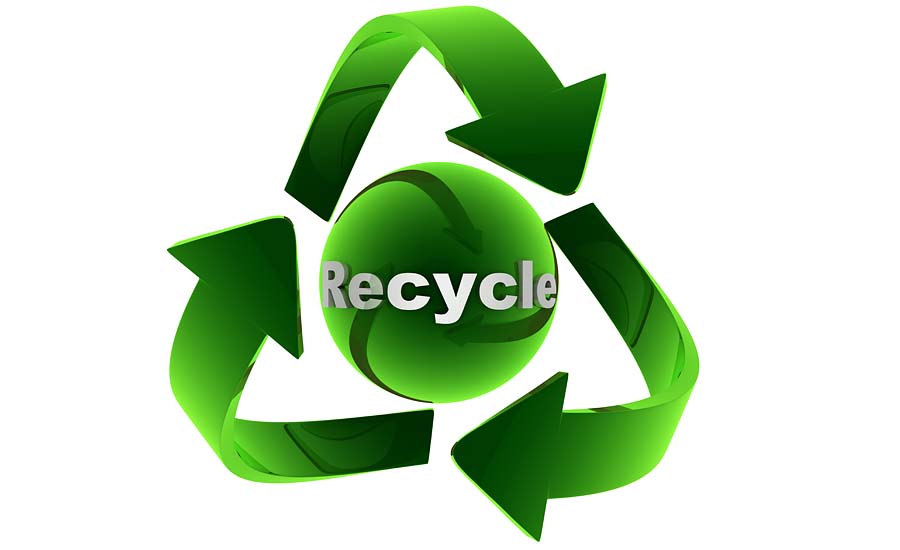Sainsbury’s, UK, announced plans to halve its plastic use by 2025. This includes reducing plastic across all of its stores and supply chain.
Sainsbury’s currently uses around 120,000 tons of plastic per year and reduces plastic packaging by around 1% each year.
“Meeting this commitment will pose significant challenges that will require transformational thinking across the industry, and whilst we will endeavour to change as much as we possibly can, we simply cannot make these changes alone,” the company said in a press release. “We will we be working alongside our suppliers, manufacturers, customers and other retailers to reduce the amount of plastic across the supply chain, whilst also investing in research and development to create alternatives to plastic as well as introduce refillable packaging.”
To date, Sainsbury’s implemented measures leading to a reduction of over 10,000 tons of non-recyclable plastic and “virgin plastic” every year. This is in addition to its commitments to ensure all plastic packaging is reusable, recyclable or compostable by 2025.
Sainsbury’s existing plastic reduction commitments:
Remove
- Sainsbury’s removed black plastic trays from chilled ready meals, and is said to be the first retailer to offer a recyclable alternative in its Own Brand range, saving over 1,000 tons of hard-to-recycle plastic each year.
- Lightweight loose produce bags will be removed by September (489 tons), and instead, trialing the launch of reusable bags in the fruit and vegetable aisles. Sainsbury’s also encourages customers to bring in their own containers, and will be removing all plastic bags from these aisles, which will cut 1,284 tons of plastic.
- Plastic trays are being removed from asparagus and sweetcorn (144 tons); cream pots (114 tons); tomatoes (102 tons); carrots (38 tons); and herb pots (18 tons).
- Plastic has already been removed from cauliflowers, organic bananas, easy peeler citrus fruit, brassicas and tomatoes.
- Microbeads were removed from its Own Brand products in 2013.
- Removed plastic straws (37 tons).
Replace
- Fresh food black plastic trays will be replaced with recyclable alternatives (6,000 tons) by end of this year.
- PVC and polystyrene trays will be replaced with recyclable alternatives (1,213 tons).
- Plastic film on fruit and vegetables will be replaced with a recyclable alternative (2,518 tons) by end 2020.
Re-use
- Customers are encouraged to bring their own containers to meat and deli counters.
Recycle
- A “pre-cycle” area will be trialed in stores for customers to remove unwanted packaging and leave it for recycling.
- Customers will be able to use recycling facilities at further 125 stores (currently 275).
- Collaboration with others on research to develop new packaging and recycling technologies.
- Deposit Return Schemes are being piloted, so customers can return recyclable packaging, so plastic bottles, cans and glass can be recycled in several stores across England and Wales.
Over the next few months, Sainsbury’s will also be replacing or reducing:
- Black plastic trays with recyclable alternatives (6,000 tons).
- Plastic film on fruit and vegetables with a recyclable alternative (2,518 tons).
- PVC and polystyrene trays with recyclable alternatives (1,213 tons).
- Plastic trays for eggs with a fiber alternative (341 tons).
- Plastic cutlery for takeaway food with wooden alternatives (38 tons).
- Plastic from ready meals (65 tons).
- Plastic used in poultry packaging (61 tons).



